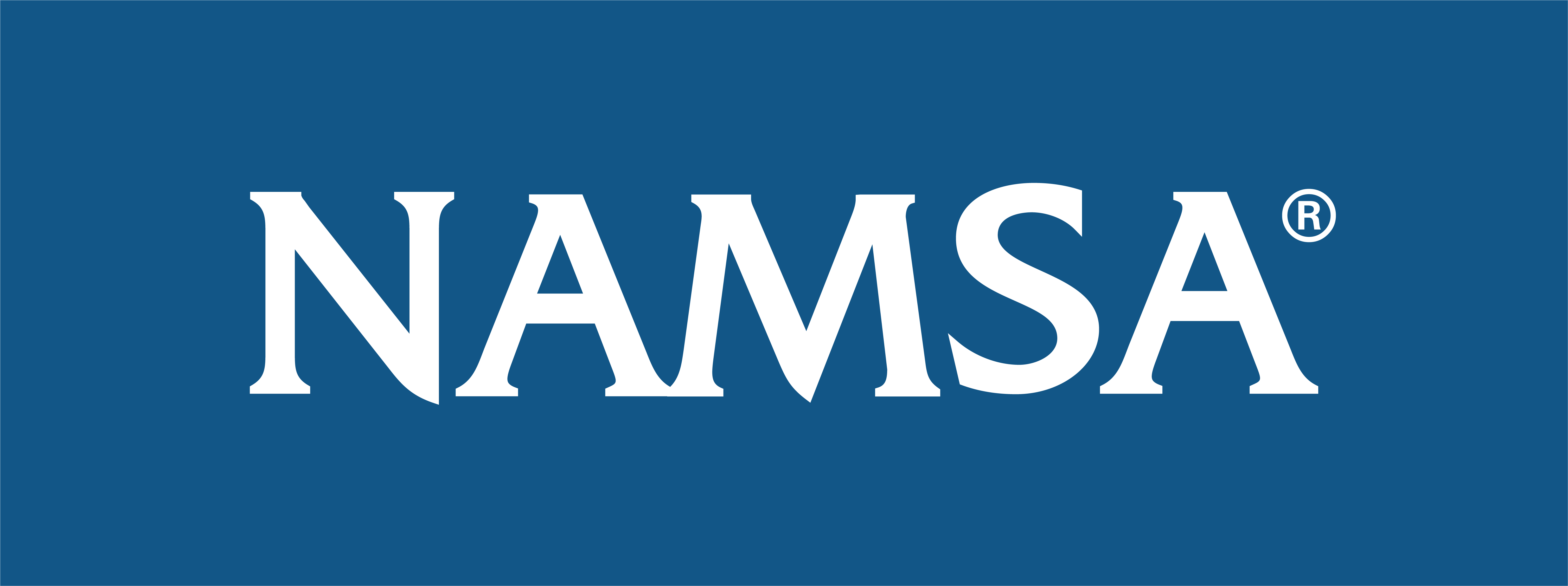On September 6, 2023, the U.S. Food and Drug Administration (FDA) released a statement about the issuance of the following three new guidances as part of their effort to strengthen and modernize the 510(k) Program and advance the safety and effectiveness of medical devices:
- Best Practices for Selecting a Predicate Device to Support a Premarket Notification [510(k)] Submission
- Recommendations for the Use of Clinical Data in Premarket Notification [510(k)] Submissions
- Evidentiary Expectations for 510(k) Implant Devices
Best Practices for Selecting a Predicate Device to Support a Premarket Notification [510(k)] Submission
This guidance recommends four best practices to use when selecting a predicate device to support a 510(k) submission:
- Predicate devices cleared using well-established methods
- Predicate devices meet or exceed expected safety and performance
- Predicate devices without unmitigated use-related or design-related safety issues
- Predicate devices without an associated design-related recall
The guidance advises how to select a predicate using these practices. It also encourages submitters to include a narrative in the 510(k) submission explaining their selection of the predicate device(s), which includes a discussion of how the best practices described in this guidance were used to select the predicate device(s) proposed for use. The guidance also provides a sample table that can be used in the submission to explain the selection.
Recommendations for the Use of Clinical Data in Premarket Notification [510(k)] Submissions
This guidance provides recommendations for when clinical data may be needed to demonstrate that a device is substantially equivalent (SE) to a predicate device. It also offers additional detail on situations where providing clinical data may be the least burdensome means of demonstrating SE. Considerations to be used by industry and FDA presented within this guidance include:
- Differences between the indications for use of the new device and the predicate device, as well as clinical data, may be needed to determine SE.
- Differences between technological characteristics of the new device and the predicate device, as well as clinical data, may be needed to determine SE.
- SE between the new device and the predicate device cannot be determined by nonclinical testing (analytical, bench and/or animal).
- A newly identified or increased risk for the predicate device suggests clinical data may be needed for the new device in order to determine SE.
Sample scenarios for each consideration are also included.
Evidentiary Expectations for 510(k) Implant Devices
Implant in this guidance refers to devices intended to be implanted continuously for 30 days or more. However, it also may apply to a device that may be implanted for a shorter length of time but on multiple occasions. This guidance is 26 pages to assist in the design and execution of performance testing for implants in support of a 510(k) submission. It also advises on other general content to include in the submission.
The guidance provides information on several non-clinical performance tests important in implants. It suggests that in cases where the submitter believes the information or testing described in this guidance does not apply, they provide a rationale explaining why. There is discussion of human factors/usability and some things to consider specific to implants, such as implants that involve a health practitioner implanting the device and patients who may have a device long term. It also speaks to labeling considerations, especially patient implant cards.
For More Information
Best Practices for Selecting a Predicate Device to Support a Premarket Notification [510(k)] Submission: https://www.fda.gov/regulatory-information/search-fda-guidance-documents/best-practices-selecting-predicate-device-support-premarket-notification-510k-submission
Recommendations for the Use of Clinical Data in Premarket Notification [510(k)] Submissions: https://www.fda.gov/regulatory-information/search-fda-guidance-documents/recommendations-use-clinical-data-premarket-notification-510k-submissions
Evidentiary Expectations for 510(k) Implant Devices: https://www.fda.gov/regulatory-information/search-fda-guidance-documents/evidentiary-expectations-510k-implant-devices
The FDA Statement on Steps to Strengthen the Premarket Notification [510(k)] Program can be found here: https://www.fda.gov/medical-devices/medical-devices-news-and-events/cdrh-statement-fda-continues-take-steps-strengthen-premarket-notification-510k-program
How can NAMSA Help?
Navigating the FDA regulatory landscape can be cost-intensive and overwhelming for any medical device manufacturer. That’s why having the right partner at the right time can be invaluable in achieving regulatory requirements, market success and accelerated timelines.
NAMSA is the industry leader in driving successful regulatory outcomes through daily interactions with the FDA. Our Regulatory team is comprised of several former FDA staff and industry experts who uniquely understand the regulatory requirements and agency nuances when writing and supporting 510(k) submissions.
If you are interested in speaking with us about FDA-related activities or other global regulatory strategies, please Contact Us or learn more about our Regulatory experts at namsa.com/subject-matter-experts.
Marcella Martin
Marcella Martin, MBA, RAC is a Senior Regulatory Consultant at NAMSA with over ten years’ experience working in regulatory affairs in the medical device and pharmaceutical industries. She has authored and managed a variety of submissions to FDA, Health Canada and notified bodies. These have included pre-submission, IDE, IND, technical file, master file, device license application, ANDA, Annual Report and vigilance reporting. She has completed regulatory assessments and regulatory strategies for products in development and for proposed changes to products already on the market. Marcella holds a Masters of Business Administration (MBA) degree from Colorado State University, Fort Collins and Regulatory Affairs Certification (RAC) from the Regulatory Affairs Professionals Society (RAPS).
